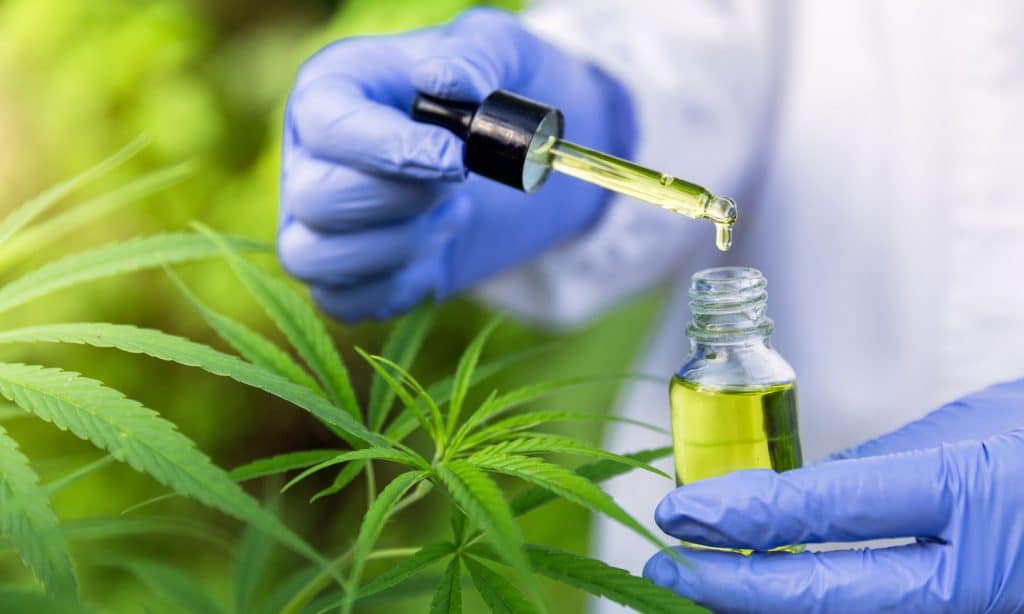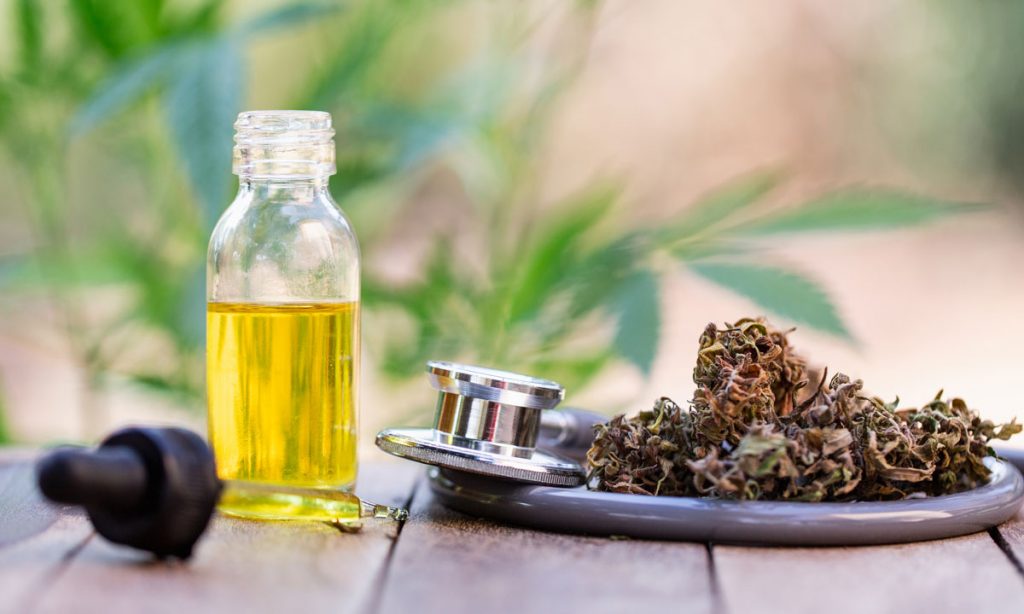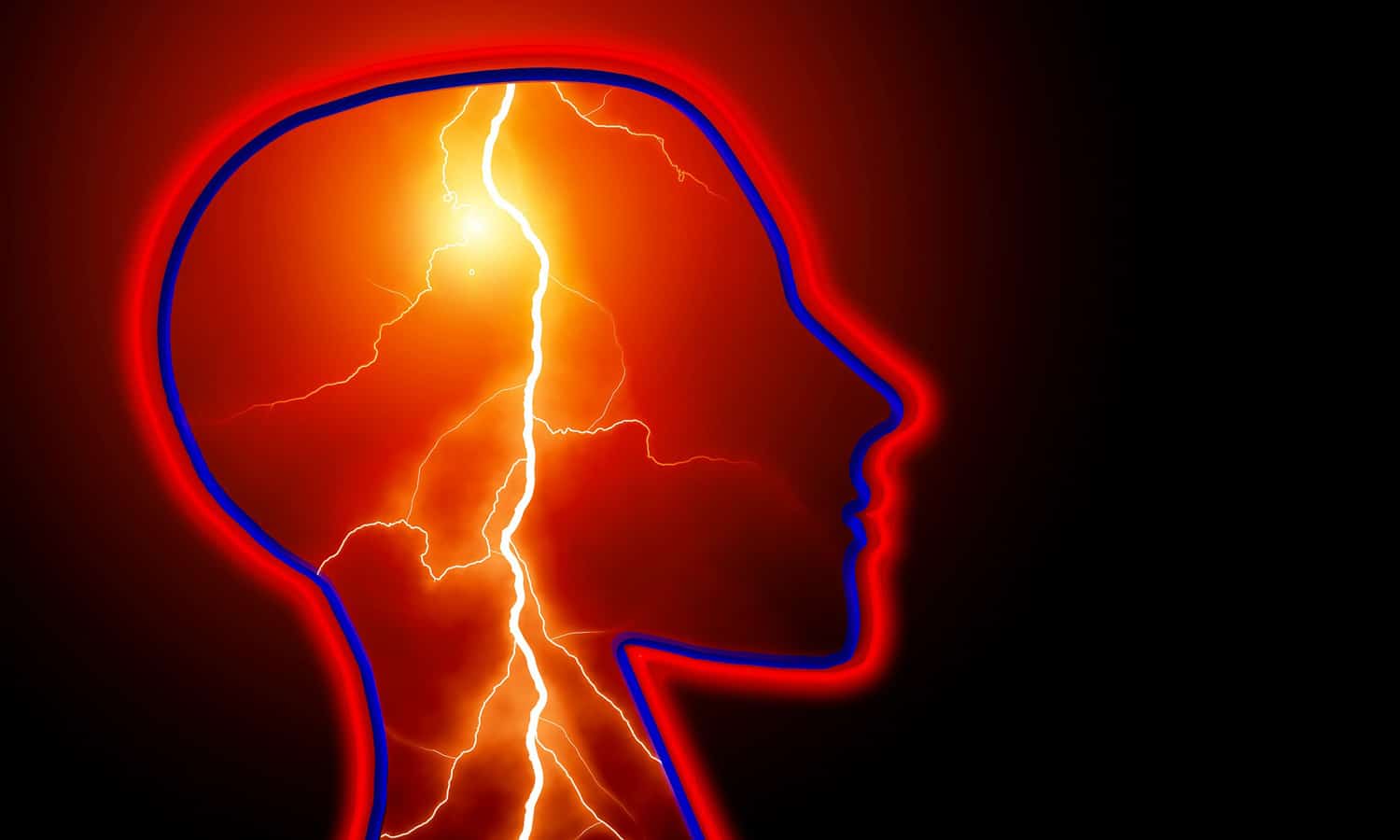A new study shows promising evidence that CBD can benefit patients, specifically those with epilepsy, in myriad ways.
Despite years in the medical marijuana market, many still doubt the efficacy of cannabidiol (CBD) in treating symptoms for physical and mental health conditions such as anxiety or epilepsy. But a new study published in the journal Epilepsy & Behavior indicates that epilepsy patients who used a form of artisanal CBD-based product showed “higher quality of life, lower psychiatric symptom severity, and improved sleep” than those who did not.
The study indicates that cost and access were driving factors in epilepsy patients who opted for artisanal CBD instead of Epidiolex, the CBD-based drug approved by the FDA back in 2018 to treat two rare and severe forms of epilepsy that manifest in early childhood: Lennox-Gastaut syndrome and Dravet syndrome.
Unlike many CBD products for sale online and in-stores made from hemp-derived CBD, Epidiolex is made from cannabis, and marked a shift in how the medical world viewed the plant.

“This approval serves as a reminder that advancing sound development programs that properly evaluate active ingredients contained in marijuana can lead to important medical therapies. And, the FDA is committed to this kind of careful scientific research and drug development,” FDA Commissioner Scott Gottlieb, M.D. said in a press release.
RELATED: How CBD Provides A Brighter Future For Children With Epilepsy
The drug, which the official website claims has helped treat over 15,000 people, also lists a variety of side effects including “increased liver enzymes, sleepiness, decreased appetite, diarrhea, fever, vomiting, feeling very tired and weak, rash, sleep problems, and infections.” It’s also incredibly expensive, priced at $32,500 per year when it was released, though most insurance plans, including Medicaid, are expected to help cover costs.
RELATED: You Should Reconsider Using Store-Bought CBD To Treat Seizures
Despite arguments that artisanal CBD is not as regulated or effective as the pharmaceutical alternative, there are additional, indirect benefits. The study was conducted in collaboration with researchers at the Johns Hopkins University School of Medicine, and funded by cannabinoid therapy nonprofit Realm of Caring, which is sponsored by companies that make CBD products. Users in the study showed “significantly better epilepsy medication tolerability, use of fewer prescription medications overall, and reduced healthcare utilization compared with Controls.”

While the authors clearly state this observational study wasn’t looking at seizure control, this is promising evidence that CBD can benefit epilepsy patients, and others, in myriad ways. Skeptics and deterrers point to the inconsistency and opacity of the CBD market for avoiding artisanal CBD, but even participants whose products were obscure and with few product details reported higher wellness indicators.
Cannabis-derived CBD remains a Schedule 1 substance despite its lack of psychoactive properties and growing list of health benefits, limiting further discoveries that will improve quality of life for thousands across the country. Studies like these exemplify just one of the many advantages to federal legalization.


